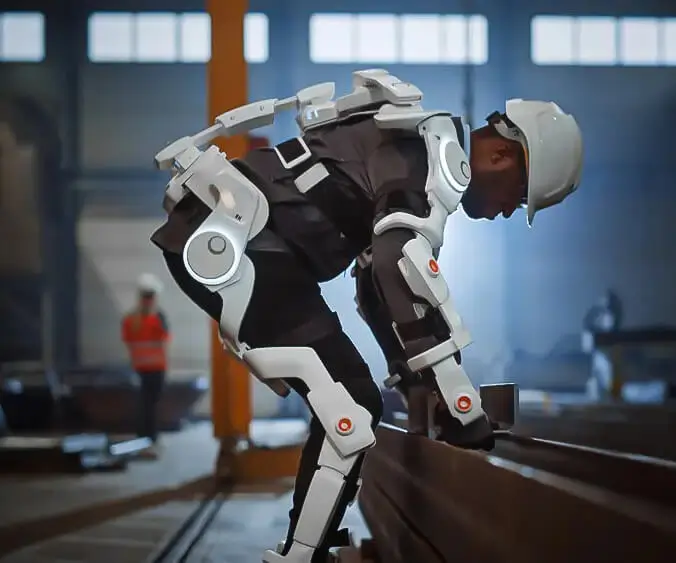When it comes to building scalable, flexible digital foundations, choosing the right architecture is like picking the right pair of shoes—you want something that fits snug, moves easily, and won’t leave you aching after a long day. That’s where monolithic and microservices architectures come into play, each offering a distinct vibe.

Monolithic architecture? Think about a giant, solid block of ice. Everything’s bundled together tightly—your database, the business logic, user interface—locked in a single package. It’s straightforward to get started with, like frying an egg: simple, familiar, not much fuss. But as your project grows, it can turn into a giant block that’s heavy and hard to chip away at. Deployments get complicated because any change impacts the whole system. Imagine trying to fix a single cracked tile in a gigantic mosaic—suddenly, you’re tearing apart a huge piece just to replace one part. Not ideal for rapid updates or scaling.
Enter microservices: think of a sprawling city made up of tiny districts, each with its own character, services, and team. Each microservice does one thing well—handling a specific function like payment processing, user accounts, or notifications. The beauty? You can tweak or upgrade one neighborhood without disturbing the rest. Scaling becomes hobby-level easy; if a feature starts attracting more traffic, you can just spin up more instances of that particular microservice. It’s like having a bunch of small, nimble boats instead of a giant cruise liner—more maneuverability, less risk of sinking the whole ship with one leak.
Now, a question pops up: “Isn’t microservices more complicated to manage?” Sure, it’s more moving parts. But with the right tools and mindset, it’s a game changer. You get faster deployment cycles, better fault isolation, and easier integration. Plus, it plays nicely with cloud-native environments, which are all about flexibility and resilience. On the flip side, if your team isn’t prepared for that level of complexity, the overhead can be a headache.
Thinking about an example—say, you’re launching an e-commerce platform. If you start with a monolith, everything’s bundled tight—catalog, shopping cart, checkout—everything updates in unison. But as traffic grows, that single codebase becomes sluggish, and fixes take longer. Switching to microservices? You modularize features—shopping cart here, payment there—so when checkout needs a makeover, it’s just a matter of updating one piece without throwing the whole system into chaos.
So, what’s your best move? It really depends. For startups or small projects, a monolith might be quick and simple. But if you see your vision expanding—fast scaling, adding third-party integrations—microservices will give you the agility you need. It’s like planting a seed and watching it grow into a forest, instead of trying to carry a massive tree on your back.
The thing is, there’s no one-size-fits-all. It’s about matching your goals, your team, your future plans. Whether you’re thinking about manageable complexity or scalability that stretches miles, understanding these architectures is key. They’re not just tech choices—they’re strategic decisions shaping how smoothly your digital journey unfolds.
Established in 2005, Kpower has been dedicated to a professional compact motion unit manufacturer, headquartered in Dongguan, Guangdong Province, China. Leveraging innovations in modular drive technology, Kpower integrates high-performance motors, precision reducers, and multi-protocol control systems to provide efficient and customized smart drive system solutions. Kpower has delivered professional drive system solutions to over 500 enterprise clients globally with products covering various fields such as Smart Home Systems, Automatic Electronics, Robotics, Precision Agriculture, Drones, and Industrial Automation.




































